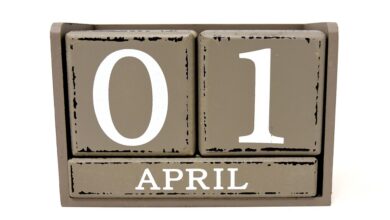
Diary Writing as a Therapeutic Tool: Exploring its Multifaceted Benefits
Diary writing, also known as journaling, has been employed for centuries as a means of self-expression and reflection. Historically, diaries were kept as a record of daily events and personal experiences. However, over time, their purpose has evolved to encompass more than just a documentation tool. Diary writing has emerged as a powerful therapeutic tool, providing individuals with an outlet for emotions and thoughts, promoting self-awareness and personal growth. In this article, we will explore the multifaceted benefits of diary writing as a therapeutic practice.
1. Emotional catharsis:
Diary writing offers a safe and private space to express pent-up emotions and thoughts. By putting these feelings onto paper, individuals can experience a sense of release and relief. Through the act of writing, one is able to externalize their emotions, allowing them to process and better understand them. This process facilitates emotional healing and catharsis.
2. Enhanced self-awareness:
Writing in a diary encourages self-reflection, allowing individuals to gain a deeper understanding of themselves. By consistently exploring their thoughts, emotions, and experiences, people can identify patterns and triggers. This heightened self-awareness enables individuals to make better decisions, improve relationships, and bring about positive changes in their lives.
3. Stress reduction:
Keeping a diary can be an effective stress management tool. Writing down stressful events or concerns helps to unload the mind and promotes a sense of calm. The process of organizing and articulating thoughts aids in clarifying and resolving conflicts. Additionally, the act of journaling has been linked to reduced levels of cortisol, the stress hormone, in the body, providing physiological benefits as well.
4. Problem-solving and decision-making:
Diary writing serves as a platform to analyze problems and brainstorm potential solutions. By detailing challenges and exploring various perspectives on paper, individuals gain clarity and insight into their issues. This process often leads to innovative and effective problem-solving strategies. Furthermore, the act of writing down goals and action plans helps to solidify and commit to them, increasing the likelihood of successful decision-making.
5. Emotional regulation:
Diary writing helps individuals regulate their emotions by giving them a way to express themselves in a safe and non-judgmental environment. People often experience a wave of emotions, and by journaling, they can process and understand them on a deeper level. This process promotes emotional intelligence and equips individuals with the skills to manage their emotions effectively.
6. Memory preservation:
Keeping a diary allows individuals to document moments and experiences they may otherwise forget. In recording important events, personal achievements, or even mundane occurrences, individuals create a tangible record of their lives. This documentation serves as a chronicle of personal growth and acts as a reminder of one’s strength and resilience during tough times.
7. Creativity and self-expression:
Diary writing encourages individuals to tap into their creativity and engage in free-form expression. The act of writing without judgment or constraints opens the door to exploration and experimentation. It provides a space to explore one’s dreams, desires, and aspirations, fostering a sense of personal fulfillment.
In conclusion, diary writing offers a myriad of benefits as a therapeutic tool. From emotional catharsis to enhanced self-awareness, stress reduction to problem-solving, and emotional regulation to memory preservation, diary writing facilitates personal growth and introspection. By regularly engaging in this practice, individuals can reap the multifaceted benefits of self-reflection and self-expression. So, grab a pen and paper and embark on a journey of self-discovery through the power of diary writing.





